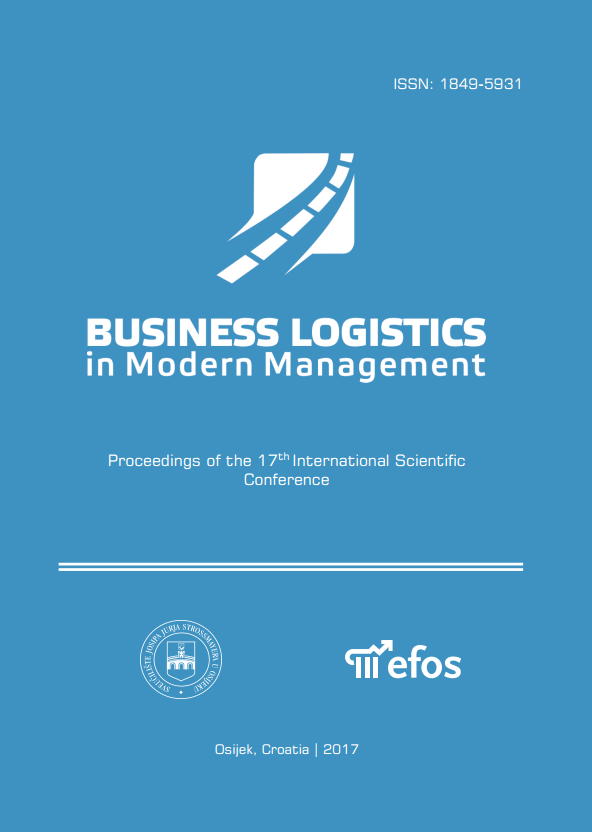DEVELOPMENT OF THE INTERMODAL MARKET IN POLAND FROM THE PERSPECTIVE OF CARGO HANDLING OPERATIONS IN INTERNATIONAL SUPPLY CHAINS – SELECTED ISSUES
Abstract
A significant role within the framework of the European Union's policy of sustainable transport development is assigned to the intermodal transport. The development of the intermodal market, particularly with regard to the international carriage of goods has been observed also in Poland over the last several years. Nevertheless, the share of intermodal transport in the total cargo transport differs from the best Western European models. In 2016 12.8 million tonnes of cargo (over 23% more than in 2015) were carried using the intermodal transport in Poland. The intermodal market in Poland has its specificities - it is a rail intermodal market on which 96.4% of the transported intermodal units in 2016 were containers. Due to its geographical location, Poland has a large potential for handling containerized cargo flows in the framework of international supply chains. Intermodal transport is used on several major routes: North-South - as transport to and from Polish seaports, transport from Poland to Western European seaports, and the East-West transport (including but not limited to transit through Poland). The main purpose of this article is to discuss the current status of the development of the intermodal market in Poland in terms of its role in handling cargo flows in international supply chains. In addition, the aim is to identify factors supporting further development and the barriers that disturb this development. Research of literature, analysis of statistical data published by the Central Statistical Office, analysis of reports published by the Office of Rail Transport (the Polish rail market regulator) and information from entities operating in the intermodal market in Poland (including intermodal operators) were conducted to accomplish the main objective of the article. The performed analysis related to both the infrastructure issues concerning the intermodal market in Poland and its organization-based, formal and legal, and economic aspects. Moreover, selected external circumstances forming the intermodal market position in Poland in handling international supply chains, including but not limited to the development the new Silk Road initiative have been discussed. The findings and conclusions arising from the conducted analysis can serve as examples and guidance for other countries in which the role of intermodal transport should also be strengthened.
Key words: intermodal transport, intermodal market in Poland, international supply chains, containerized cargo flows, development of intermodal market

